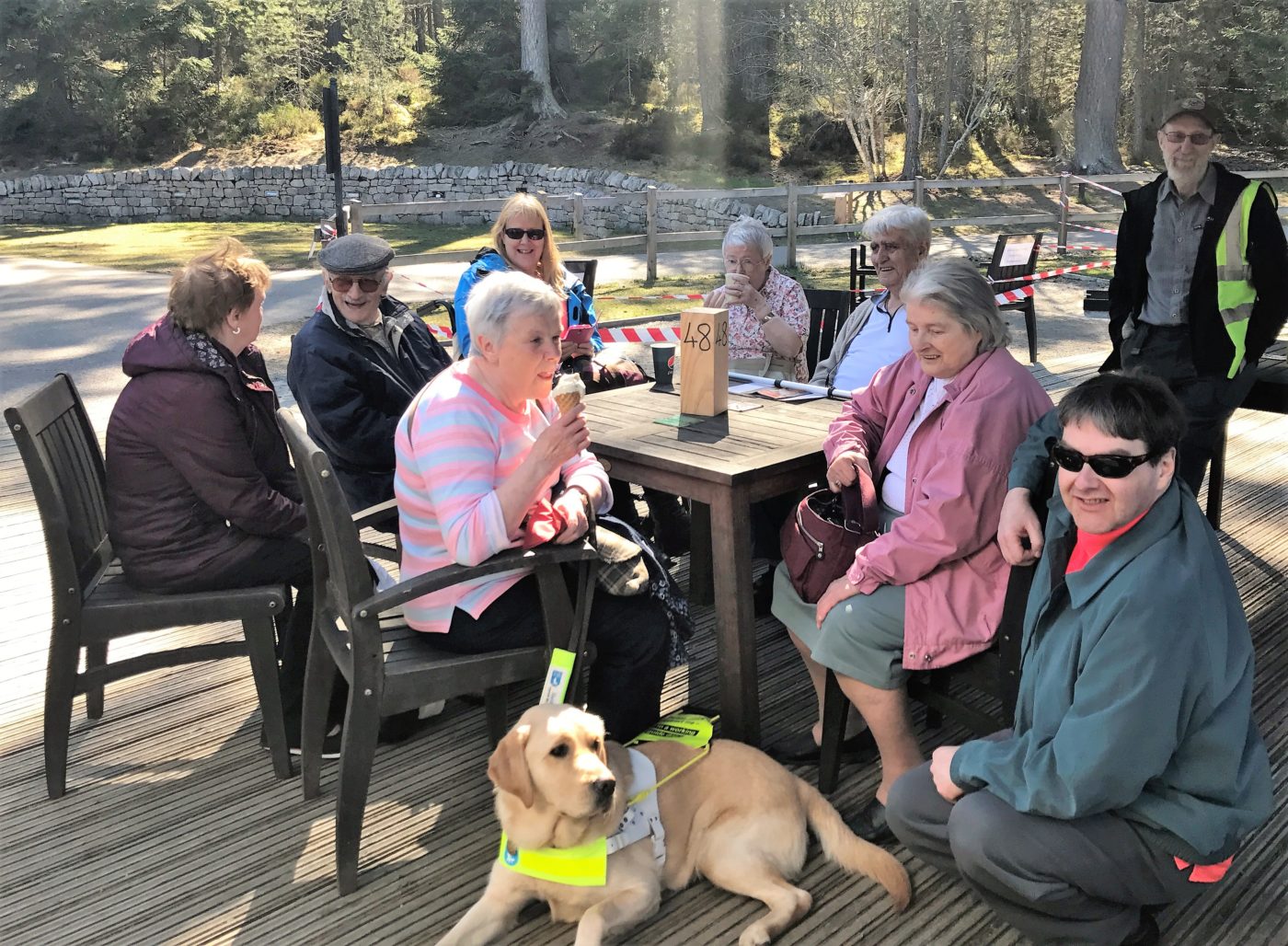-

CTA’s Response to the Government’s Loneliness Strategy
-
20th July 2018
-
-
by Suzanne Lau
Policy Executive
The Department for Digital, Culture, Media & Sport recently launched a call for evidence for the approach to the Government’s Loneliness Strategy. As we all know, community transport is vital in enabling countless journeys for lonely and isolated people who would otherwise be unable to leave their homes and helps them to lead healthy, independent lives. We are pleased the Government recognises that loneliness is a condition affecting the quality of life of many vulnerable people and acknowledges the role of accessible transport in alleviating this.
To help shape our response, we asked our members to tell us about their experiences with working with those in their local community who experience loneliness and isolation; the successes that they have had with monitoring and reducing loneliness; as well as some of the challenges and difficulties that they face with this.
We were pleased by the number of responses to our survey. A huge thank you to those who took the time to tell us about the important work that they do in alleviating loneliness and isolation. It was particularly heartening to hear about how much our members care about the emotional wellbeing of their service users and is yet another reminder that community transport is more than getting passengers from A to B!
The survey highlighted a number of useful points. The vast majority of our members told us that not only do they actively work to alleviate feelings of loneliness and isolation in their service users, but also that addressing loneliness is a central aim of their work.
Much of the work that members do to reduce loneliness and isolation in their local communities is embedded in their day-to-day activities. This ranges from simply getting users to where they need to be – be it medical appointments or recreational activities – to going above and beyond to care for and support passengers on their journeys, and to create safe, sociable environments on the vehicles themselves.
On top of this, a great number of community transport operators work on specific projects to tackle loneliness and isolation, either on their own or in collaboration with local organisations, local authorities and health groups. These are either self-funded and/or grant-funded by local authorities or other charitable foundations
Almost all respondents also measure their service users’ feelings of loneliness and isolation, whether simply through conversations with drivers and volunteers or through a more targeted approach in outreach work.
However, the responses indicate that there is still much work to be done to mitigate the impact of loneliness and isolation and that we need a more consistent set of monitoring methods and tools with which to measure loneliness and isolation effectively, especially given how subjective and changeable these feelings are.
From this, the CTA have several key recommendations, which can be summarised below:
- Ensure that the cross-government strategy recognises the role of the voluntary sector in assisting people who currently face barriers to being fully able to access passenger transport
- Support project workers and health and social care agencies through funding and guidance
- Adopt a single measure of loneliness across Government and the public sector
- Conduct further studies to demonstrate how investment can reduce public spending on services that deal with loneliness and the impact of social isolation
To read our full submission to the Department please click here.
Leave a reply
2 Comments
-
Maggie L
Keep this up, we must continue these conversations with policy makers, it is vital we try and find solutions to the epidemic of loneliness
Chas Keyes
‘A single measure of loneliness’? This is social science engineering taken to an absurdity. What does that even mean? Statistics are useful as scaffolding but like scaffolding they must be removed from the structure when it becomes occupied by real people.
As for ‘reducing public spending’, what is that except Osbornite austerity? Why tax us at all if the money is not to be spent on the public good? You cannot expect the Volunteer Sector to prop up the Care Sector and then pat us on the head and tell us what a wonderful job we are doing.
I have personal experience of a pre privatised Royal Mail being simultaneously fattened up and pared down (in terms of staff) for its sell off to the City of London and their beneficiaries, as well of the publicly funded Fire and Rescue Service which ‘could not afford’ even a paltry pension for Firefighters who are sometimes on call 24/7 and turn out from their homes and workplaces to face all kinds of hazards.
The CTA is doing a great job in terms of creating a forum for discussion. Thank you.